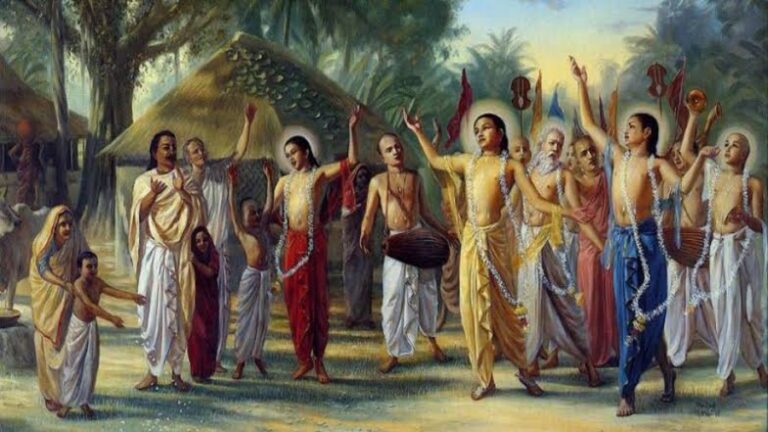
The next Dalai Lama has been predicted to be chosen outside Chinese territory. India or Nepal are emerging as the most likely locations, according to recent statements by the current Dalai Lama. The statement was declared during celebrations being held ahead of his 90th birthday in Dharamshala. His Holiness reaffirmed that the institution of the Dalai Lama will continue—for the fifteenth time—and that the process of identifying his successor will follow traditional Tibetan spiritual practices. India, which hosts the Tibetan government-in-exile and over 100,000 Tibetan refugees, plays a central role in this evolving development.

The current (Fourteenth) Dalai Lama
The decision comes at a time of heightened sensitivity around Tibetan religious authority. The process of selecting the next Dalai Lama is deeply spiritual and rooted in centuries old Tibetan Buddhist traditions. It is guided by various signs, visions, and is free from political appointments. His Holiness Dalai Lama has stated that The Gaden Phodrang Trust will be responsible for overseeing the emergence of his reincarnation. The Gaden Phodrang Trust is his his official non-profit organization, established in 2011. This ensures that the process remains aligned with Tibetan beliefs and free from external interference.
Dalai Lama in Exile:
In 1959, the current Dalai Lama sought refuge in India after a failed uprising against Chinese rule in Tibet. He was granted asylum by then Prime Minister Jawaharlal Nehru, and has since lived in Dharamshala, Himachal Pradesh. The Tibetan government-in-exile has been based there since. His presence in India has not only preserved Tibetan spiritual traditions. It has also shaped India’s prolonged support for the Tibetan cause.
China, on the other hand, has responded strongly. Mao Ning, spokesperson for China’s Ministry of Foreign Affairs, stated that any reincarnation of the Dalai Lama must be appointed within Chinese borders and must be approved by Beijing. The Chinese Communist Party maintains that religious affairs, including reincarnations, must follow rules set by the state. Tibetan leaders and their supporters have rejected this as they view this as both politically motivated and fundamentally incompatible with the Buddhist traditions.

His Holiness, the Dalai Lama
What does this mean for India?
Penpa Tsering, president of the Tibetan government-in-exile, called China’s claim “absurd,” particularly coming from a government that does not practice any religion. He argued that Beijing’s desire to control the succession is an attempt to dominate Tibet spiritually, culturally, and politically.
The succession debate has also further drawn international attention. In the month of July 2024, The Biden administration passed legislation urging China not to interfere in the selection process, reinforcing support for Tibetan religious freedom under Law S. 138, “Promoting a Resolution to the Tibet-China Dispute Act”. India has supported the sentiment of backing the Dalai Lama’s sole authority to determine his successor.
The complications of these developments go far beyond religion. They touch on diplomacy, sovereignty, and regional power dynamics. There have been warnings that if the next Dalai Lama is chosen outside of China, particularly in India, it could further strain already tense India-China relations, especially amidst unresolved border disputes. Political moves could worsen the state of distrust and complicate future negotiations between the two nations.
While Tsering has stated that it is too early to say anything too definitive, Tibetan leaders emphasize that the reincarnation process remains, at its core, a matter of spiritual destiny. As the world watches, the question of who will be the next Dalai Lama remains not only a religious matter but a powerful symbol of cultural resilience and global political adjustment.
Keep up with us at The World Times for future updates!



